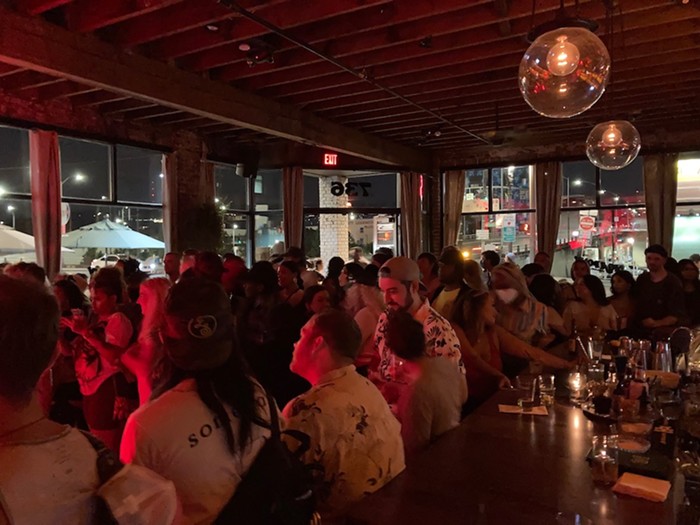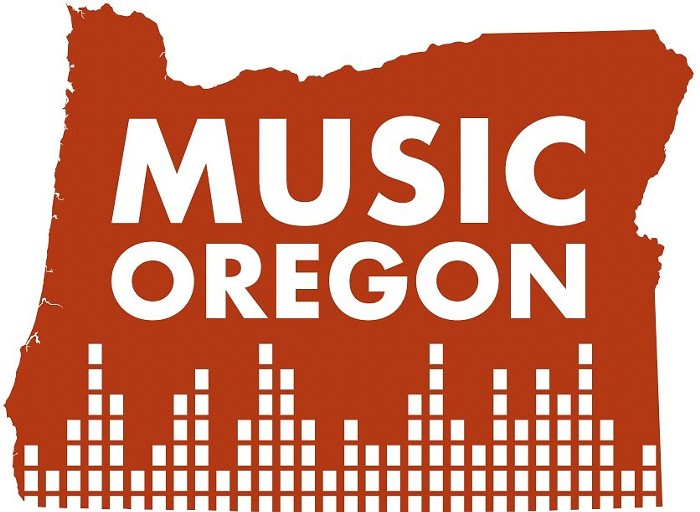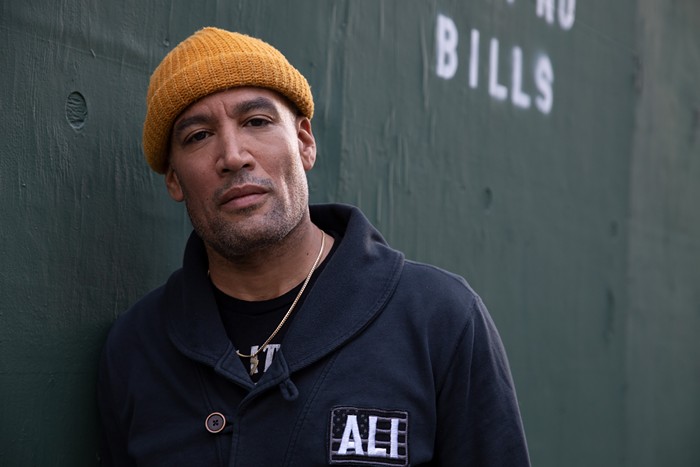BAND MORALE was allegedly low when the Zombies recorded their 1968 masterpiece Odessey and Oracle. Velvet-voiced Colin Blunstone nearly refused to sing lead on what became the band's most identifiable song, "Time of the Season," and the sessions were marred by limited rehearsal, inter-group quarreling, and a suffocating budget from CBS Records.
Yet Odessey and Oracle is a momentous artistic achievement, an album effusive with ethereal, melancholic beauty. It's as emotionally resonant as Pet Sounds ("Maybe After He's Gone"; "This Will Be Our Year") and as culturally reflective as Sgt. Pepper's ("Changes"; "Butcher's Tale"), even if it missed the Summer of Love by a few seasons. It is one of the best records ever made—and one frustratingly few appreciated at the time. When "Time of the Season" finally caught the attention of pop's tastemakers in 1969, the Zombies' creative nucleus, Rod Argent and Chris White, had moved on to form a new band called Argent.
But while Odessey and Oracle is the result of painstaking labor—every song is replete with orchestral flourishes (courtesy of a mellotron), dizzying chord changes, and wall upon wall of vocal harmony—it also sounds like a band rushing to meet a deadline. Several of the performances are "honest," to put it delicately, and there is a strange, inexplicable sonic emptiness that contributes to the album's autumnal mystique but never ceases to unsettle. Additionally, its sequence is baffling by conventional standards: After the ebullient, optimistic "Care of Cell 44," the five saddest songs on the record barrage the listener, leaving him or her emotionally exhausted before the second side has even begun. This flawless/flawed duality characterizes the best rock music; check out the accidental but unintentionally poetic (and iconic) misspelling of the title on the album cover.
Almost half a century later, the Zombies are again a functional live band (although White is sadly absent from this incarnation). While Blunstone and Argent have grown to resemble their band's namesake, their live performances are still engaging and honest, which can't necessarily be said of their peers. Blunstone's signature voice has hardly withered a glint, and the band displays a true awareness of their audience, incorporating plenty of deep cuts into their set in addition to their pre-Odessey hits. They're truly a band that has never misstepped—and at this point, it doesn't seem like they ever will.



















